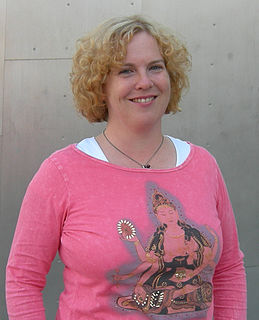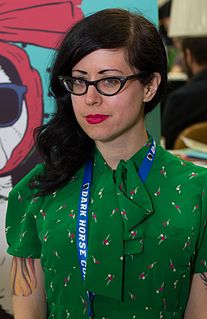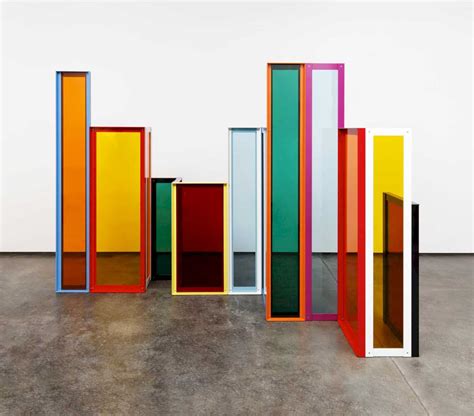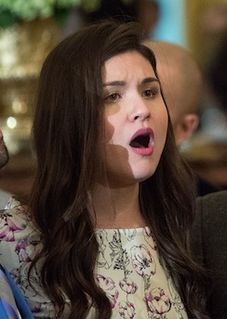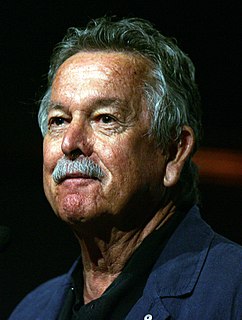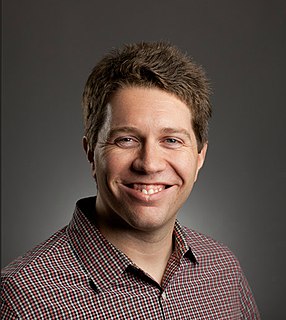A Quote by Ann Powers
You can't fool yourself anymore that your art is your art. When you're not getting paid for that song that's being traded back and forth among millions of people on the Internet, you have to think like a businessperson.
Related Quotes
People think that the art market is about opportunists and hedge-fund managers getting broken art, but what really happened is that there was a new configuration of bourgeois values in the U.S. and an acceptance among the bourgeoisie of contemporary art as an idea. I think that bourgeois people are horrible.
I think that a lot of artists have succeeded in making what I might call "curator's art." Everybody's being accepted, and I always want to say, "Really? That's what you've come for? To make art that looks a lot like somebody else's art?" If I am thinking of somebody else's art in front of your art, that's a problem.
That's what I like about the idea of the aesthetic experience, the idea of both enjoying looking at works of art and how they kind of talk to you, and also the process of making art, getting back to that idea of the aesthetic experience of making art is very important, It's another way of thinking. Instead of just using your brain, you're using your hands to think with. They're different connections, the brain that comes through the fingertips as opposed that comes through the eyes and ears.
...start thinking of yourself as an artist and your life as a work-in-progress. Works-in-progress are never perfect. But changes can be made...Art evolves. So does life. Art is never stagnant. Neither is life. The beautiful, authentic life you are creating for yourself is your art. It's the highest art.
Art shouldn't be something that you go quietly into an art gallery and dip your forelock and say 'I have to be very quiet, I'm in here amongst the art.' It's here, art's everywhere. It's how you use your eyes. It's about the enjoyment of visual things. And it's certainly not for any one group of people.
I like to say StumbleUpon provides a personal tour of the Internet. The responses are more targeted to your interests than they would be with a regular search engine. If you choose a topic on our site that you're interested in, such as art, Web sites related to art appear, as if you're leafing through an art magazine.
If being an anti-art artist is difficult, being an anti-art art historian is a hard position indeed. His doctrinal revolutionism brings forth nothing new in art but reenacts upheavals on the symbolic plane of language. It provides the consoling belief that overthrows are occurring as in the past, that barriers to creation are being surmounted, and that art is pursuing a radical purpose, even if it is only the purpose of doing away with itself.
